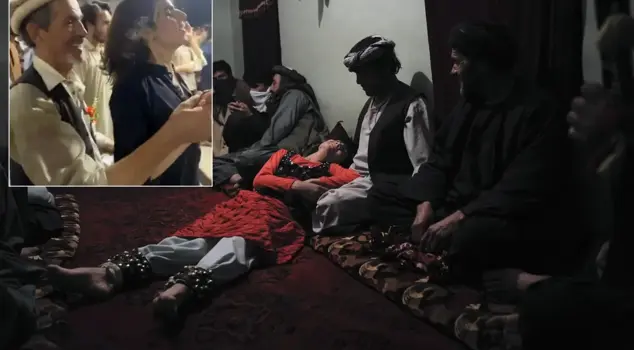
19.09.2025 14:30
Despite being banned in Afghanistan, the tradition of "Bacha Bazi" continues, where young boys are dressed in women's clothing and made to dance at entertainment events, often becoming victims of abuse. The UN describes this practice as a severe violation of children's rights.
```html
Despite being legally banned in Afghanistan, the "Bacha Bazi" tradition, which is secretly practiced, continues to exist as one of the most painful examples of child abuse.
CHILDREN IN THE CROSSHAIRS
Meaning "boy play," Bacha Bazi targets young boys from poor families. The children are dressed in women's clothing and made to dance at weddings and special events. According to human rights reports, this situation often results in sexual abuse and violence.
BANNED BUT CONTINUING
Afghan laws explicitly criminalize this practice. However, due to the protection of certain local power centers and the weakness of state authority, the tradition cannot be completely eradicated. Human rights organizations emphasize that Bacha Bazi is one of the most severe forms of modern slavery and child abuse.
INTERNATIONAL REACTION
In reports from the United Nations and UNICEF, Bacha Bazi is highlighted as one of the most serious violations of children's rights in Afghanistan. While the international community calls for the government to take stricter measures, it is noted that there are significant shortcomings in the rehabilitation and protection of the child victims of this practice.
KEY POINTS
- Origin: Afghanistan, particularly widespread during periods of war and economic deprivation.
- Victims: Mostly children from poor families are targeted.
- Practice: Children are dressed in feminine clothing and made to dance at weddings and entertainment events, making them vulnerable to abuse.
- Legal Status: Although banned by Afghan laws, the practice cannot be completely prevented, especially due to the protection of local power centers.
- International Reaction: Human rights organizations describe Bacha Bazi as modern slavery and child abuse.
```